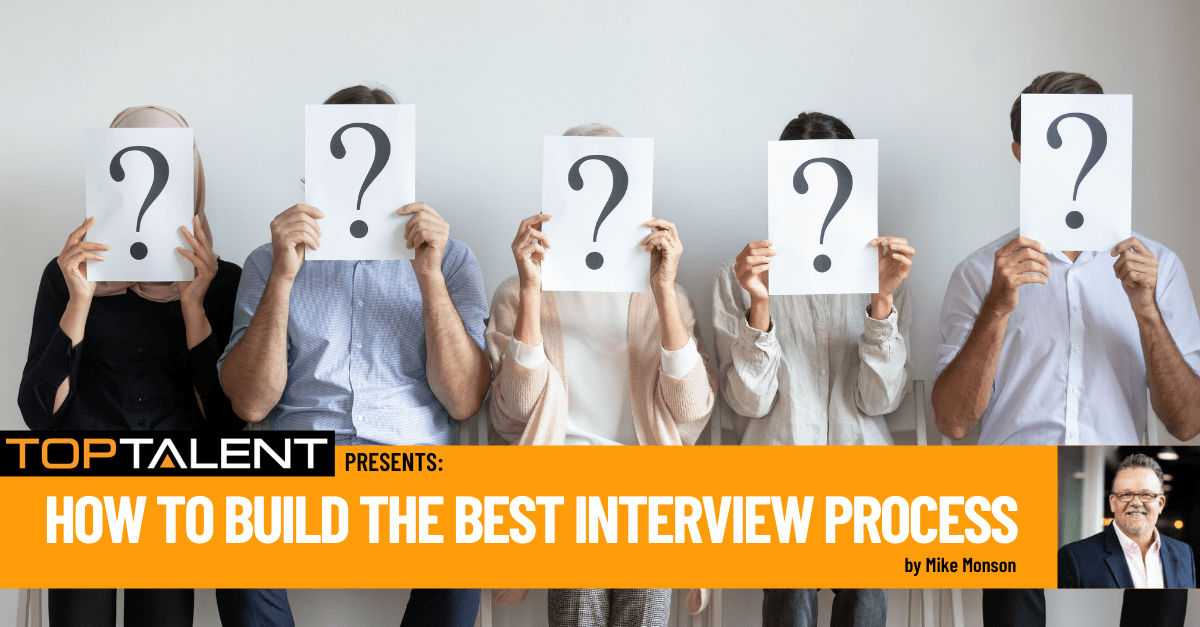On the surface, conducting an interview can seem like a simple enough task, yet it is one that few are formally trained to do. Introduce yourself, make the prospect feel welcome, ask questions, answer questions, and evaluate the candidate. But…how do you make sure your questions lead you to the best possible individual for your role? How do you hire the best fit and not the best interviewer?
The answer is you have to know what you are looking for.
Today, we look at how you figure out what you are looking for in the perfect candidate!
First Look Internally
Before you look externally, look at your own employees. Who was in this position previously or who already works for you that possesses the skills and traits that you desire in this position? Agree with the other hiring authorities on a max of five things that this candidate must have and stick to them!
Some examples might be:
• Attentive (Focused and avoids distractions)
• Emotionally Intelligent (Understands others and controls the emotions of themself and those around them)
• Innovative (Comes up with new and helpful ideals easily)
• Quick learner (Learns advanced skills or pick up things quickly)
• Resourceful (Doesn’t need micro-management)
• Pressure: (Thrives in an environment with deadlines)
• Sales-centered (Track record of influencing clients or buyers to a conversion)
Purposeful Questioning
If you have multiple interviewers, there is tremendous value in creating a list of questions all geared towards understanding the same skill set. If each interviewer asks the candidate to describe their sales abilities, the candidate will feel as though they are experiencing the same interview multiple times. Instead, if the interviewers are on the same page, you can approach the same issue from different perspectives. This will create uniformity and diversity in answers to get a comprehensive picture of the candidate’s ability.
Also, don’t forget to ask your set list of questions. It can be easy to wander off into tangents, but be disciplined and make sure you get your questions asked. For example, if a role needs someone to be constantly seeking knowledge and learning, some example questions could be:
• How have you kept up with changing technology and trends in your industry?
• Describe a role where you were challenged to learn many new things at once.
• Can you share an example of what you did when you encountered a situation that fell outside your normal duties?
Sticking to some form of a script of questions will save you a headache later and ultimately shorten your hiring process!
Interview Structure
When the interview starts, don’t just jump right into your script. Don’t be afraid to have a little small talk. This is where the personality of your brand and company can come out regardless of what it is.
When it comes to the interview itself, you first must understand what is important to this candidate and what is motivating them to consider your organization. The best advice I can give is to have a 50/50 balance of talking versus listening. Know that whoever talks the most feels the conversation has gone the best, so make sure it’s the candidate!
After you get to know the candidate a little bit, get to your concrete questions. These are the things you need to know to make an informed hiring decision. Lastly, you close with determining mutual interest and what are the next steps in your process.
And with these tips, you will be well on your way to having the best interview process possible to attract the best candidates to your organization. Now go out and get to interviewing!
About Us
With over 90 years of Logistics experience, Top Talent is a recognized leader in Talent Acquisition for Logistics, Transportation, and Supply Chain., Let us put our team to work for you. To learn more about successful strategies for getting those impact players and game-changers on your team, reach out to us today.
– Michael Monson
President and CEO
Top Talent LLC
Email: mike@toptalentllc.net
